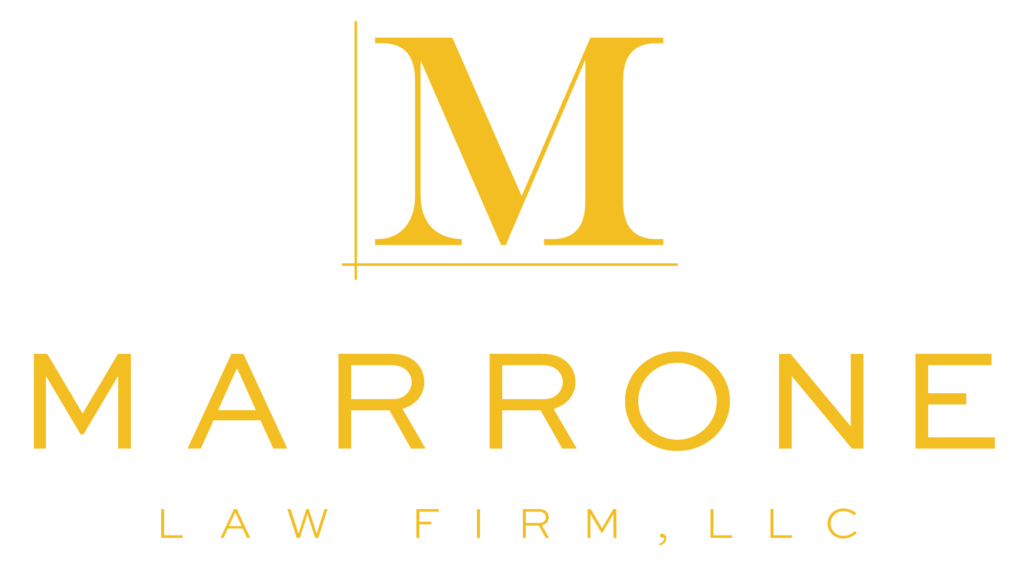PRACTICE AREAS
Prosecutorial Misconduct in Wrongful Convictions
WE CAN HELP
Experienced Civil Rights Lawyers Advocate on Behalf of Exonerated Individuals Wrongly Convicted Due to Prosecutors’ Abuse of Power
Although criminal prosecutors are expected to pursue the truth above all else, human motivations may drive some prosecutors to try to get a conviction no matter what it takes or where the truth may lead. When prosecutors will go to any length to secure a conviction of a defendant, they may engage in unethical or illegal behaviors. Prosecutorial misconduct in a wrongful conviction, unfortunately, represents one of the most common reasons why innocent people end up in jail or prison. According to the National Registry of Exonerations, prosecutorial misconduct was involved in 43 percent of exonerated cases on record.
After you have been exonerated from your criminal charges, when the facts indicate that prosecutorial misconduct may have contributed to your conviction, turn to Marrone Law Firm, LLC. Even though you have obtained your freedom, you may still have a legal remedy against those whose misconduct stole years of your life by wrongfully putting you in prison.
Contact us today for a free case evaluation to discuss whether you may have a strong claim that you have been harmed as a result of prosecutorial misconduct in your wrongful conviction.
Forms of Prosecutorial Misconduct in Wrongful Convictions
Prosecutorial misconduct may come in many different forms, such as:
- Focusing on the wrong suspect – Unfortunately, some prosecutors fall into the trap of focusing too closely on one suspect despite significant evidence pointing to another person as the perpetrator of the crime. In the effort to obtain a conviction, a prosecutor may end up overlooking, ignoring, or discounting exculpatory evidence that should rule out the suspect that the prosecutor is focused on. When a prosecutor becomes convinced that they have “gotten their guy”, they may become unwilling to stop and take a fresh look at the evidence to consider whether it points to another perpetrator.
- Tampering with physical or video evidence – A prosecutor may deliberately alter evidence to turn it from exculpatory to inculpatory evidence. Or a prosecutor may choose to hide or even destroy evidence that should fully exonerate a defendant. Again, a prosecutor may be convinced that they have the right suspect, or have more ulterior motives for continuing to prosecute a person they know or should know is innocent of the crime.
- Fabricating evidence – Where the state’s evidence is circumstantial or weak, a prosecutor may try to bolster the case by fabricating inculpatory evidence.
- Failing to disclose exculpatory evidence – Under established legal precedent, prosecutors have an obligation to disclose any evidence that may be favorable to the defense. To gain an advantage at trial, prosecutors may deliberately choose to ignore their duty and withhold favorable or exculpatory evidence from defense counsel.
- Tampering with witnesses – Prosecutors may choose to tamper with a witness’s testimony to make it more favorable to the state. A prosecutor may coach a witness to provide false or misleading testimony or may coerce a witness to give false testimony by threatening consequences such as bringing criminal charges against the witness or removing the witness’s children from their custody.
- Utilizing unreliable witnesses – Alternatively, a prosecutor may choose to use unreliable witnesses, such as associates of the defendant facing their own criminal charges or jailhouse informants. The prosecutor will offer the informant favorable treatment in their own case in exchange for false testimony against a defendant. However, depending on the circumstances of the offer, this can make a witness’s testimony highly unreliable.
- Misconduct during trial – Prosecutors may also engage in misconduct during trial, including making improper opening or closing arguments or continuing to proceed with questioning or arguments that have been already overruled by the trial judge in an attempt to impress certain information on the jury that the jurors should not be allowed to consider.
Marrone Law Firm, LLC Stands Ready to Hold Prosecutors to Account for Prosecutorial Misconduct in Wrongful Convictions
Although no amount of money can give you back the time you lost and the harm to your reputation that you suffered due to a wrongful conviction, you still deserve to seek accountability and justice from prosecutors whose reckless or intentional misconduct resulted in you being convicted for a crime you did not commit. Obtaining financial compensation in a prosecutorial misconduct in wrongful convictions claim will provide you with some measure of justice for the wrongs you endured and give you the resources to help you as you recover following your exoneration or release from jail or prison. Let the dedicated civil rights attorneys of Marrone Law Firm, LLC advocate for your rights and interests.
Contact us today for a free case review if you have been exonerated from any of the most common crimes in wrongful convictions to learn more about why certain crimes more frequently lead to wrongful convictions and how our firm can help you seek accountability and justice if someone’s misconduct may have been the cause of your wrongful conviction.
How The Marrone Law Firm Helped Walter Ogrod Get Justice After Years of Incarceration for a Wrongful Conviction
Contact Us for a Free Consultation to Learn More About Your Legal Options for Seeking Justice
If you have been exonerated following a wrongful conviction that involved misconduct by the prosecutors in your criminal case, contact Marrone Law Firm, LLC today for a free, confidential consultation to discuss your rights for holding the government accountable for prosecutorial misconduct in wrongful convictions.
Our dedicated civil litigation & trial attorneys in Philadelphia, PA will recover the compensation you deserve and need to begin to put your life back together.
Frequently Asked Questions about Prosecutorial Misconduct in Wrongful Convictions
FAQ: Can a prosecutor be sued for misconduct in a criminal case?
It is often difficult to file a civil lawsuit against a prosecutor, as the law affords prosecutors qualified and absolute immunity for many of the actions they undertake in their official capacity. However, you may have a viable prosecutorial misconduct claim if the prosecutors in your case engaged in behaviors outside the scope of their authority, such as destroying or fabricating evidence or committing perjury before the court.
FAQ: What can I recover in a suit for prosecutorial misconduct in wrongful convictions?
If you successfully prove your prosecutorial misconduct claim, you may be entitled to recover financial compensation for the losses you have incurred due to being wrongfully convicted, including lost earnings and professional opportunities for the time you spend in jail or prison, emotional trauma, and suffering for the years of your life that you lost behind bars, or potentially even punitive damages if the prosecutors in your case engaged in especially egregious or shocking conduct.




















